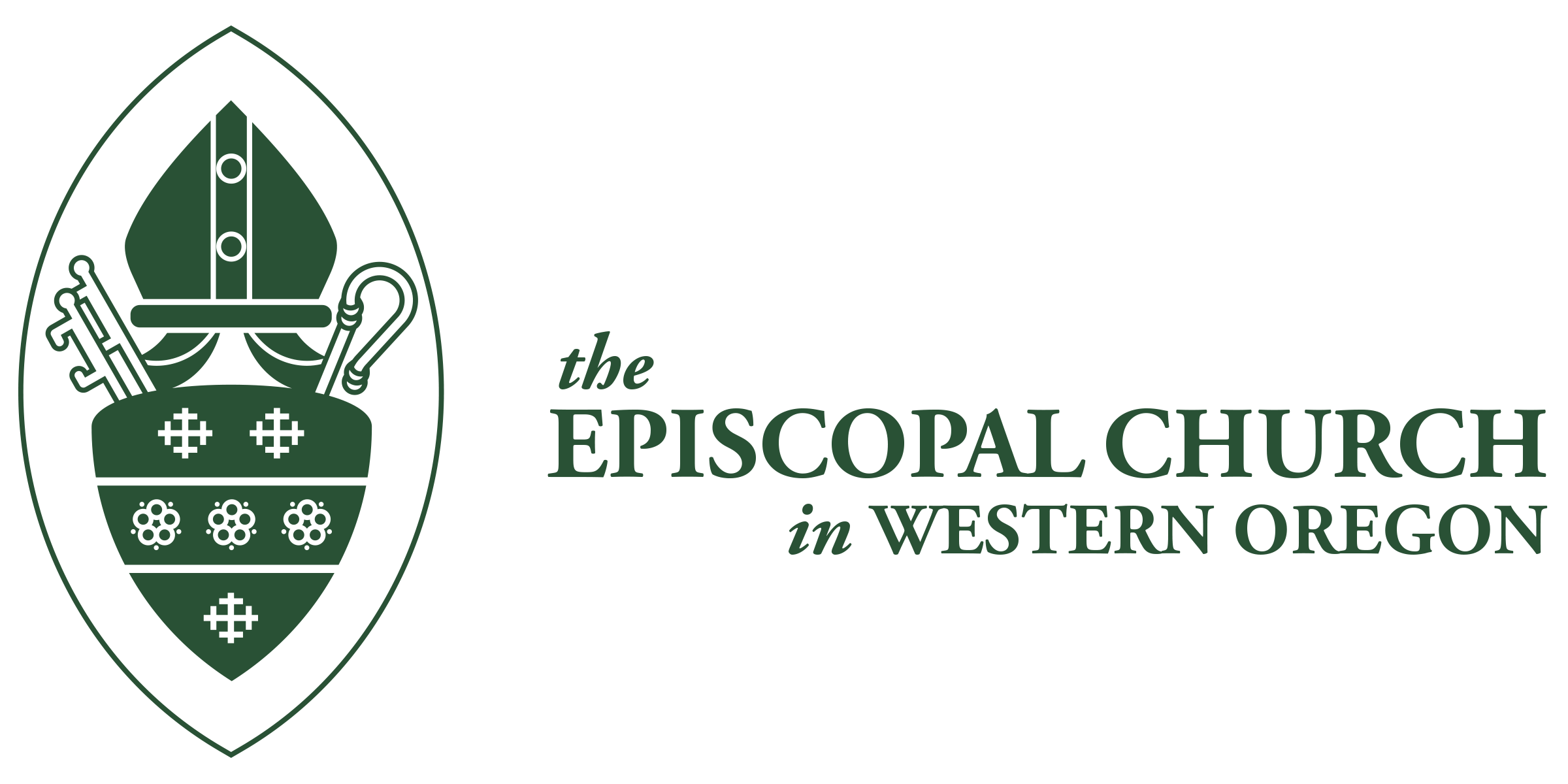Dear friends in Christ,
You may have noticed that I tend not to react to the latest news item by immediately writing an article or posting on social media about the event. It is not that I don’t have an opinion, I usually do. But I don’t believe my vocation as your bishop is to voice my opinion about every newsworthy item. My call is to reflect on events from a theological and faith-centered perspective and to offer a way to comprehend the world as a Christian seeking wholeness and healing in a broken world.
The Russian invasion of Ukraine rises to the level of such a reflection. While we have already consumed more than we can absorb about the geopolitical, economic, and humanitarian implications of this aggressive act, the matter that disturbs me most is the undeniable presence of evil that has brought about this nightmare. It is always dangerous to level the word evil against a person or a system. So often the word is used as a form of name-calling, or to categorize and then dismiss a force that has us feeling helpless. The indiscriminate and careless use of the word “evil” removes the sober and somber function of its meaning. Rightly applied to our human condition, “evil” names the shadowy and maniacal reality that we really have no better word to describe.
The heartless and cruel killing of innocent citizens is evil. The complete lack of compassion for the lives of millions who have already suffered, to say nothing of those who will suffer if the violence continues, is evil. A psychological perspective asserts that Putin is unstable mentally – that he is a malignant narcissist. I would add that this diagnostic information, however accurate it may be, does not help us find our way through.
It is no mistake that evil is referenced in our Baptismal liturgy twice. In the Baptismal Examination (BCP p. 302) we are asked, “Do you renounce the evil powers of this world which corrupt and destroy the creatures of God?” And later in the Baptismal Covenant, we are asked, “Will you persevere in resisting evil, and, whenever you fall into sin, repent and return to the Lord?” The questions reveal to us just how vulnerable we are to the forces of evil. They also suggest that in order to renounce or resist evil, we need to know how to identify it. The quickest way to identify evil is to notice the absence of compassion, forgiveness, and love. The presence of these qualities make it nearly impossible for evil to take root. And the surest way to develop the capacity for compassion, forgiveness, and love is through prayer.
Many of us are seeking ways to help Ukraine. It is frustrating to feel helpless in the face of such destructive power. We must certainly do what we can to offer our help and support. I also want to remind us that prayer is a significant way for us to resist the evil powers of this world. Prayer has the power to transform us, our relationships, and our communities. Prayer is a generative engagement with the Holy Spirit; it is alive and enlivening. Prayer allows us to become quiet in order to hear what God is calling us to be and do. Even in the midst of the forces of evil, prayer calls forth a strength and clarity that shines brightly and casts out the darkest of fears.
If we are going to identify evil, let us then fall to our knees in fervent and unceasing prayer:
O God the Father, Creator of heaven and earth,
Have mercy upon us.
O God the Son, Redeemer of the world,
Have mercy upon us.
O God the Holy Spirit, Sanctifier of the faithful,
Have mercy upon us.
O holy, blessed, and glorious Trinity, one God,
Have mercy upon us. (BCP page 148)
Blessings,

